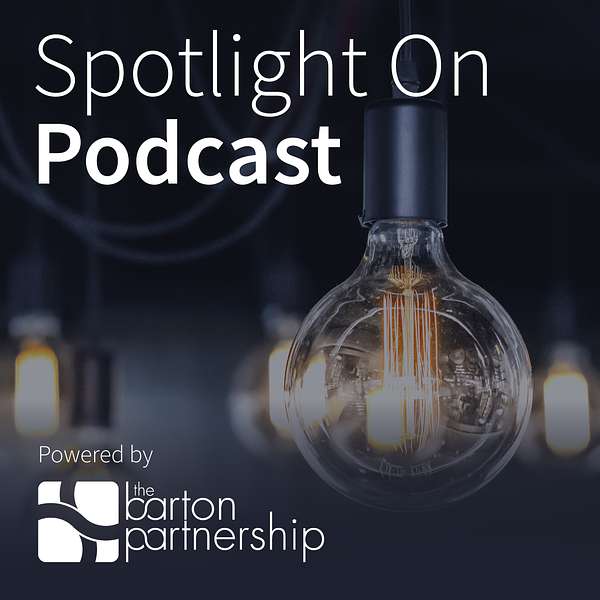
Spotlight On Podcast
Spotlight On Podcast
Spotlight On with Hugh MacArthur, Chairman of Bain & Company's Global Private Equity Practice
In this episode of Spotlight On, Nicholas Barton, Founder of The Barton Partnership, is joined by Hugh MacArthur, Chairman of Bain & Company's Global Private Equity Practice.
We dive into the evolution of private equity from its humble beginnings to a trillion-dollar powerhouse, with Hugh's 30-year career at Bain providing unparalleled insights. Hugh also touches upon the surprising shift in value creation, moving from multiple expansions to operational excellence, and the rise of the Chief Transformation Officer.
We also discuss how generative AI revolutionises deal sourcing, portfolio analysis, and internal operations. Plus, Hugh forecasts the future of private equity: consolidation, new wealth products, and even daily asset valuations. Tune in to understand how firms can craft winning talent, investment, and capital strategies in this rapidly changing landscape.